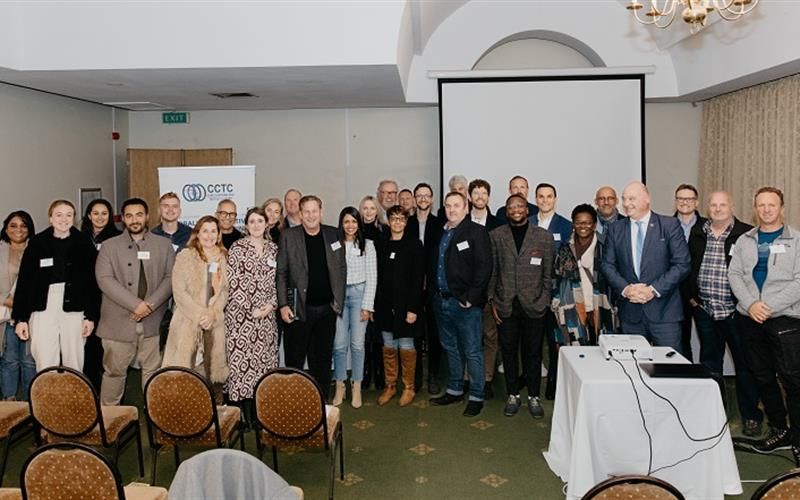Communicare, a social housing company based in Cape Town, has recently won a legal battle against an allegedly biased acting magistrate who denied an eviction order in favor of the company. The company sought recourse through the Western Cape High Court, citing the Superior Courts Act, which contends that a presiding officer’s bias, malice, or corruption can lead to gross irregularities in proceedings.
Background
The case was initially thought to be a straightforward eviction application. However, the magistrate, Venice Burgins, took a lengthy three hours to read her 68-page order in August of last year. Unbeknownst to Communicare, Burgins had a history of activism against evictions, and specifically against the social housing company itself. She had also run a social media campaign under the name “United Action Group” and was involved in the #CommunicareMustFall movement.
Biased Magistrate Revealed
Shortly after the company’s eviction request was denied, Communicare received an anonymous packet containing documents that led the company to believe that Burgins should have stepped down from the case. These documents revealed that Burgins had published or endorsed numerous hostile opinions about Communicare on social media before considering the eviction request. One example of her rhetoric includes: “The struggle continues, and we SHALL expose the Communicare rot of exploiting our people.” The company also discovered that Burgins had been a member and administrator of the United Action Group since February 2021.
Court Ruling
Judges Ashley Binns-Ward and Nobahle Mangcu-Lockwood concurred that the case should be revisited by a different magistrate. In his judgment, Judge Binns-Ward referenced the global “Bangalore Principles of Judicial Conduct,” which outline the ethical values of impartiality, integrity, and independence that judges should uphold. According to Judge Binns-Ward, judicial officers are duty-bound to refuse cases in which they have a personal stake in the outcome or contested issues. However, Burgins did not oppose the application and failed to clarify the meaning behind her social media activity.
While the case’s merits are not under scrutiny, Judge Binns-Ward acknowledges that parts of the 63-page judgment suggest that personal issues were incorporated into the decision. Initially, Communicare requested a costs order against Burgins, but later withdrew it after she complied with the court’s decision. The company may still bring her misconduct to the attention of the Magistrates Commission if they deem it necessary.












